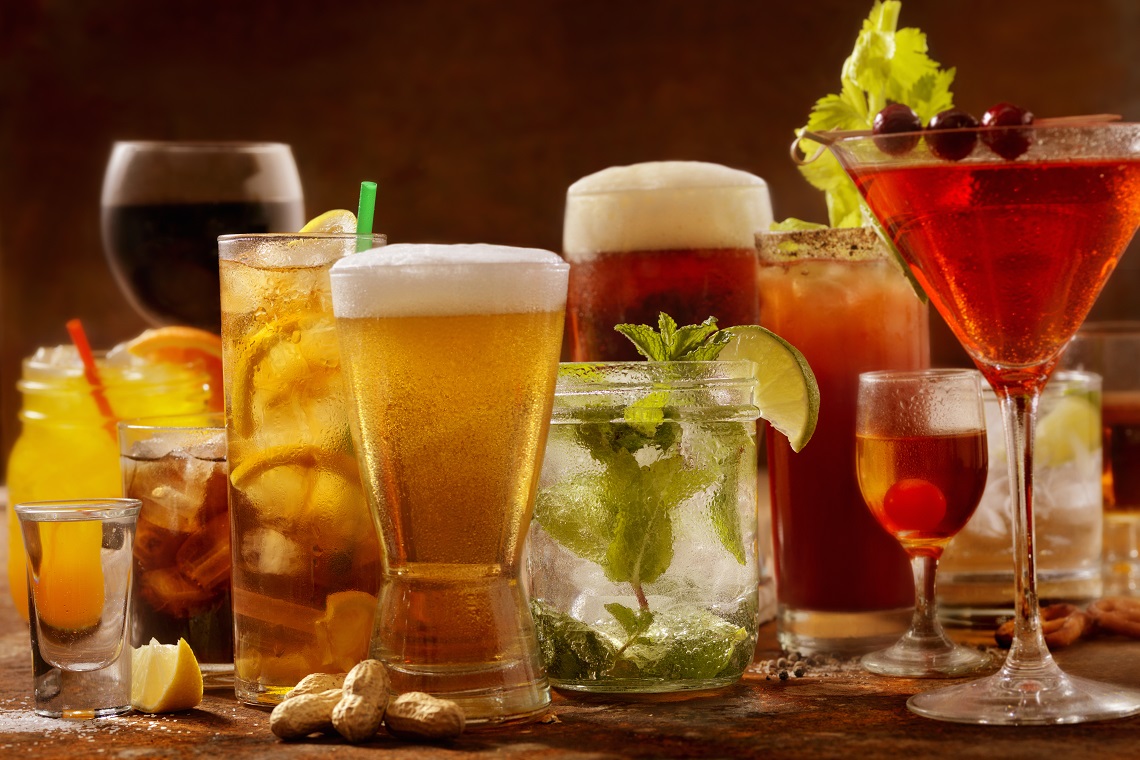Australia’s beer and spirits associations have bemoaned the arrival of August as the month heralds the second CPI increase on excise for the year.
Both the Brewers Association and the Australian Distillers Association have called for changes in the system, with Brett Heffernan, CEO of the Brewers Association of Australia, saying beer drinkers are actually taking a triple hit.
“The latest 2016-17 data on beer and taxes is sobering. Most people are not aware that they are slugged three times by the tax man when buying their beloved brews,” Heffernan said.
“First hit is the excise on beer. This is calculated on alcohol content. Despite beer being by far the lowest concentration of all alcohol products, beer excise netted the Australian Government the biggest return of $2.38bn.
“Not only does Australian beer excise rank among the highest in the world – despite per capita consumption of beer falling 60 per cent over the last four decades – our excise automatically goes up every February and every August.
“Second slug is GST on the excise. That’s right, consumers pay 10 per cent tax on the tax. This reaped the Australian Government $238m.
“Third whack is GST at the retail end. Be it at the bar or off-the-shelf, another 10 per cent GST is paid on the wholesale price. We estimate that the Australian Government will pocket around $1.6bn over 2016-17.
“All told, that’s a tax trifecta worth a whopping $4.2bn in just one year, just from beer.”
He added: ““Beer is the drink of moderation. It is the only alcohol category providing low- and mid-strength options for consumers to control their intake. Australians lead the world in their support for these beers accounting for a quarter (24 per cent) of all Australian beer sales.”
Stu Gregor, President of the ADA and co-founder of Four Pillars Gin, told TheShout that the twice yearly hit means that the Government is inhibiting what should be an increasingly vibrant Australian industry.
“Well August 2018 marked the 10th excise increase for Four Pillars since we made our first gin in December 2013. What a thrill it is to be in double figures – we filled all our party balloons with the hot air that has come our way from politicians suggesting tax reform and equity might be on its way soon – we won’t be holding our breath,” Gregor said.
“That’s a lot of tax increase in five short years. I keep meaning to ask how many increases the wine industry has suffered through in that period? Oh that’s right. None.
“Everybody in their right mind knows that the distilled spirits industry in Australia could be a great, vibrant, exciting, exporting, premium industry if it was nurtured and supported, rather than punished and penalised. We don’t want any more than a fair go. We don’t want hand-outs or tarrifs or subsidies, we just want a fairer tax system on our spirits so we can compete more equally with all the spirits being made all over the world.
“A strong domestic market is essential to us having a strong business. And paying $25 a bottle in tax on every bottle we sell in Australia makes it bloody hard to make a quid and re-invest in our business,” he told TheShout.
Heffernan agreed that it was time for the Government to address alcohol excise reform in Australia.
“It makes no sense for Aussie beer drinkers to be footing the biggest alcohol tax bill,” he said. “They’ve earned a reprieve for doing the right thing as responsible, moderate drinkers.
“Serious excise reform that recognises beer’s unique place as the drink of moderation is possible, affordable and long overdue in Australia. The Brewers Association of Australia is currently examining a comprehensive raft of reform options to give beer drinkers the recognition and relief they deserve.”
Speaking about the current taxation system a spokesperson for the ATO told TheShout: “The bi-annual increase in excise rates for alcohol applies to beer, spirits and other excisable beverages. This is based on upward movements in the consumer price index. The current excise rates are available on our website here.
“This increase does not include wine as wine is subject to wine equalisation tax (WET) rather than excise duty. WET is a tax of 29 per cent of the wholesale value of the wine which is required to be paid if you make, import or sell wine by wholesale in Australia. Generally this is only payable if you are registered or required to be registered for GST.
“WET is designed to be paid on the last wholesale sale of wine, which is usually between the wholesaler and retailer. It may apply in other circumstances, such as cellar door sales or tastings, where there hasn’t been a wholesale sale. WET is also payable on imports of wine whether or not you are registered for GST.”

